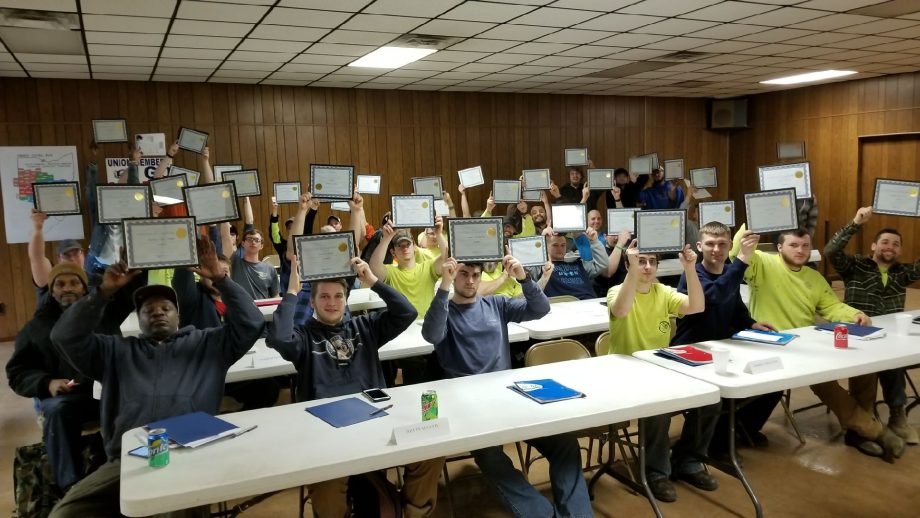A proposed Ohio House Bill would mandate construction workers to either complete a registered apprenticeship or have five years of industrial experience in order to work in a refinery.
Rep. DJ Swearingen (R-Huron) and Brian Baldridge (R-Winchester) introduced House Bill 235, The High Hazard Training Certification Act, in March. In addition to the training requirement, the legislation sets safety standard mandates, including OSHA-30 certification for all construction workers who work in a refinery.
If passed and signed into law, H.B. 235 will create two classifications of journeyman construction workers: Class A and Class B.
Class A Journeymen are graduates of any state or Department of Labor approved apprenticeship program and hold an OSHA-30 certification. This designation essentially covers every tradesman and tradeswoman who completed a building trades registered apprenticeship program.
Class B Journeymen are those with at least five years (10,000 hours) of industrial construction experience in their craft and hold an OSHA-30 certification. Individuals who fall under this classification did not enter or complete a registered apprenticeship program. For the union construction industry, this designation pertains mostly to those non-union workers who were organized into a Local. The legislation would allow apprentices in any state or Department of Labor approved apprenticeship training programs to also work in an Ohio refinery, locations that have been classified as “high-hazard.”
The bill was sparked after Canadian-based Cenovus purchased two Ohio oil refineries and replaced highly skilled and highly trained local union building trades members with construction workers from the Gulf Coast during turnarounds.
The affected refineries included the Lima refinery and the BP-Cenovus refinery in Toledo.
As a result, Ohio union construction workers lost work. Using unskilled workers for the turnarounds have also created safety issues and quality control concerns.
The bill has 24 House co-sponsors from both parties.




